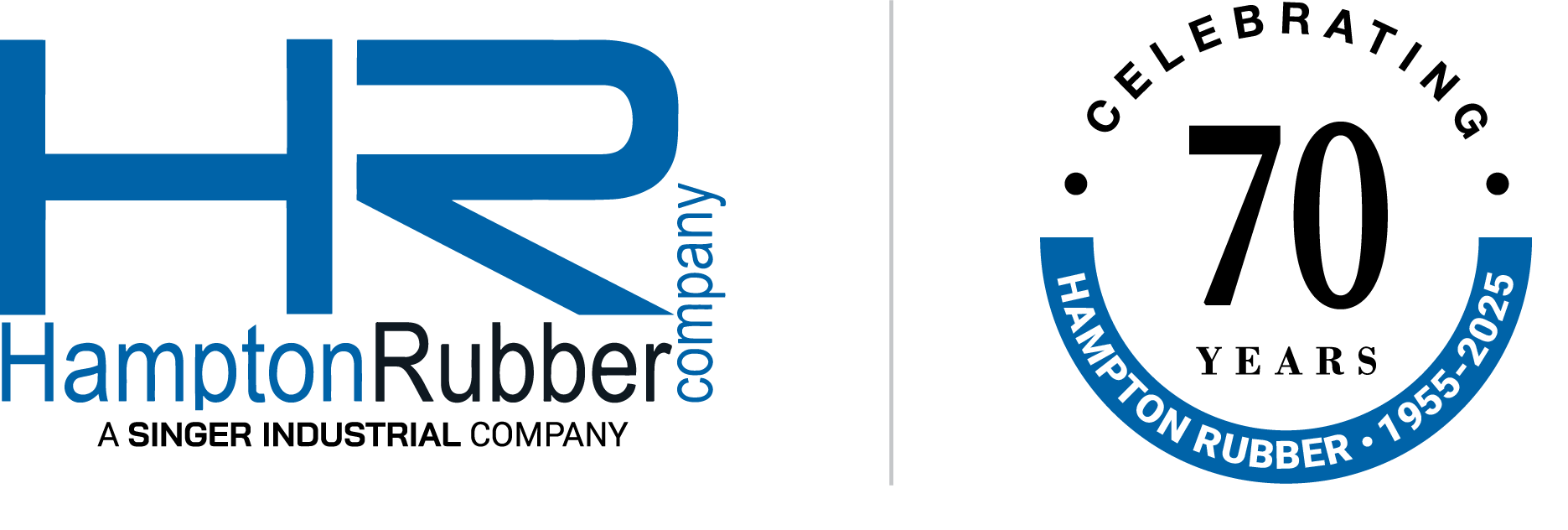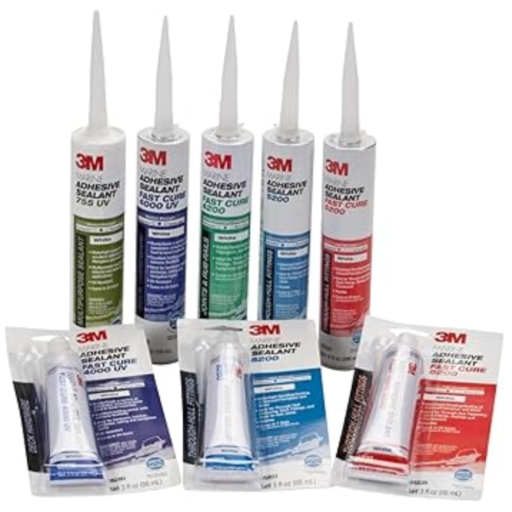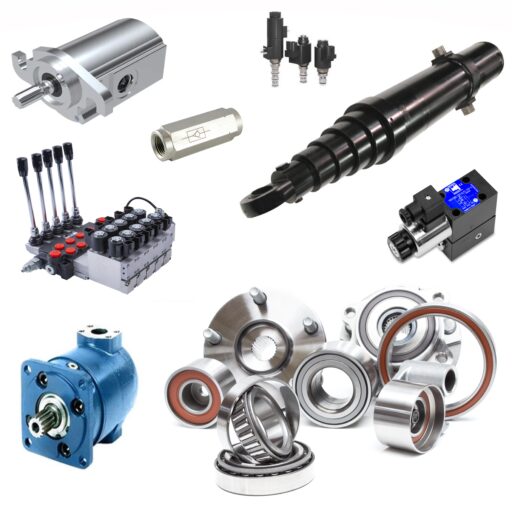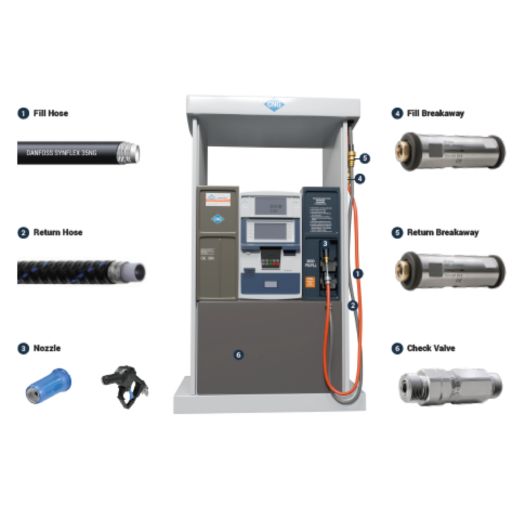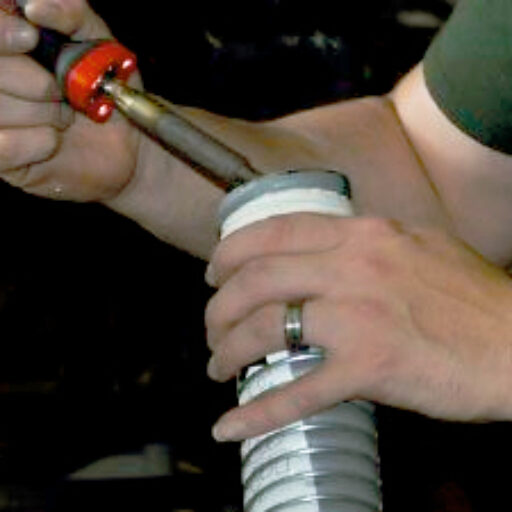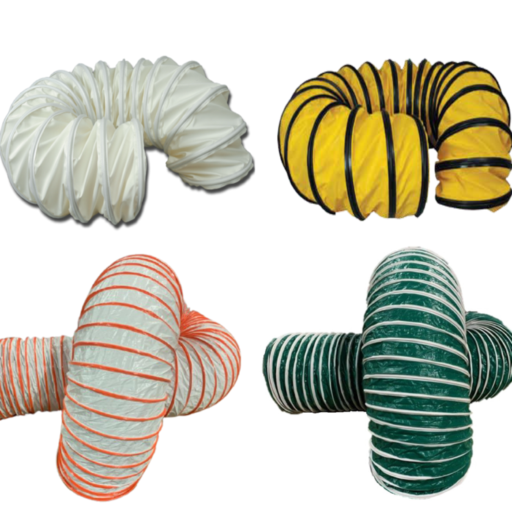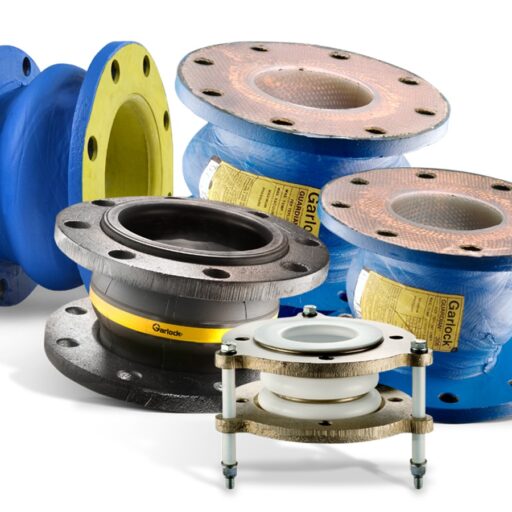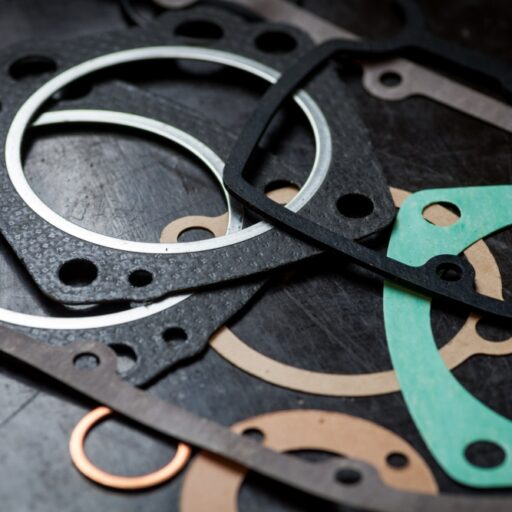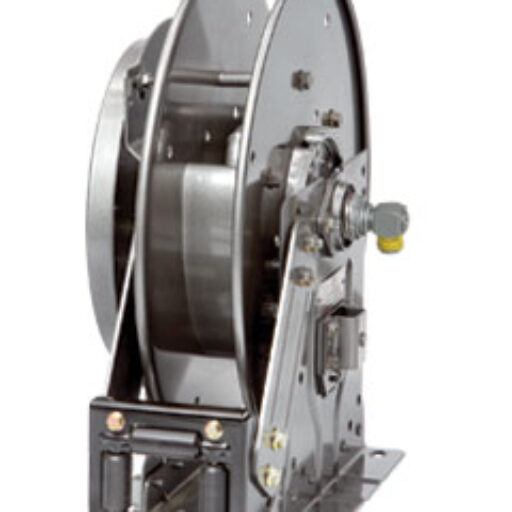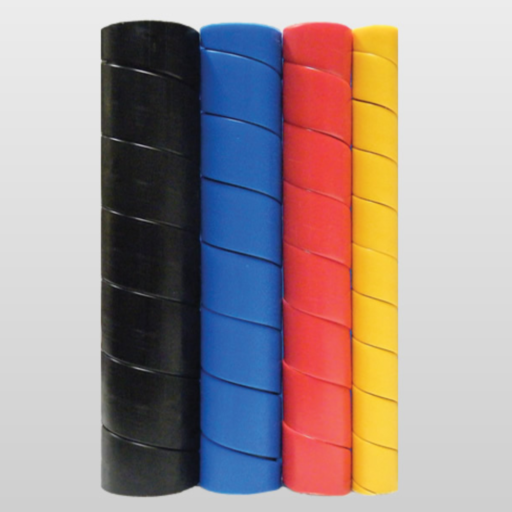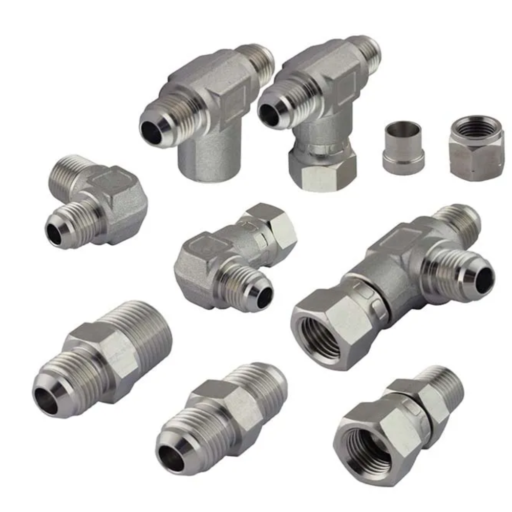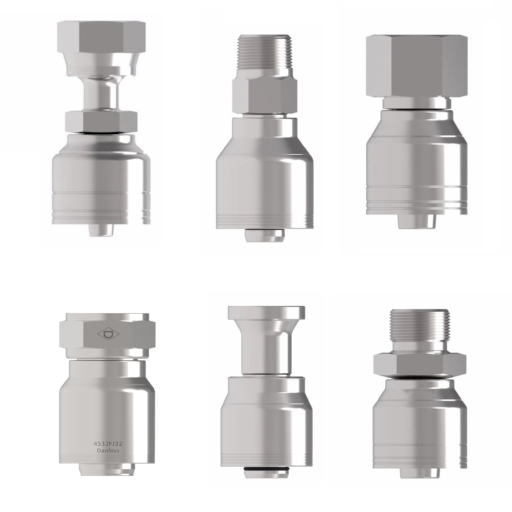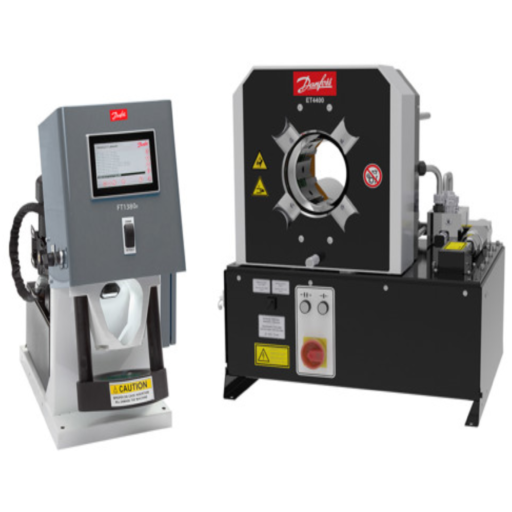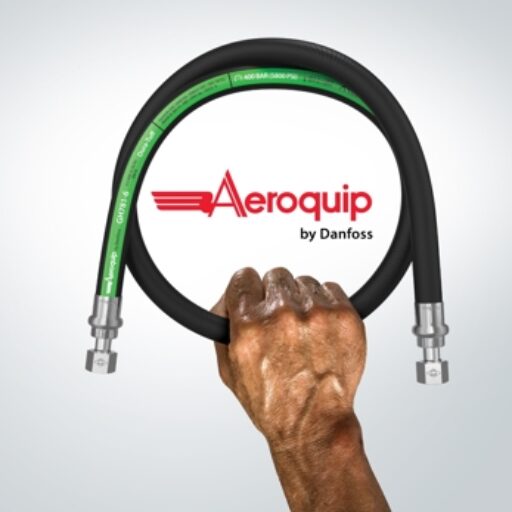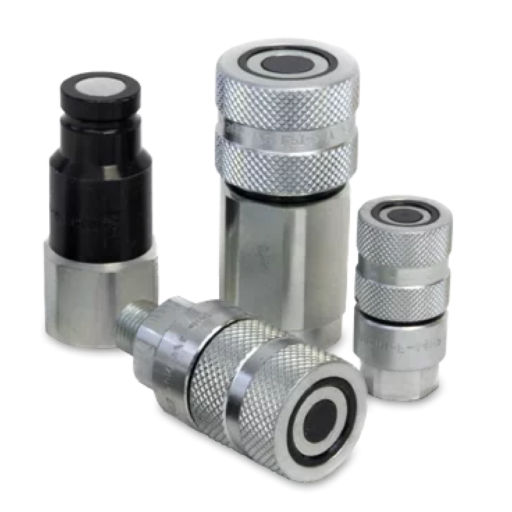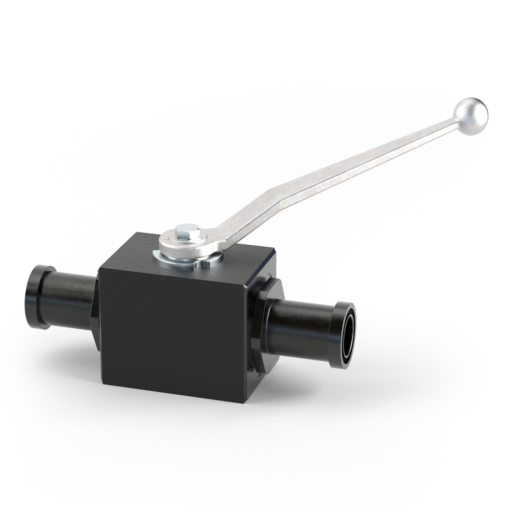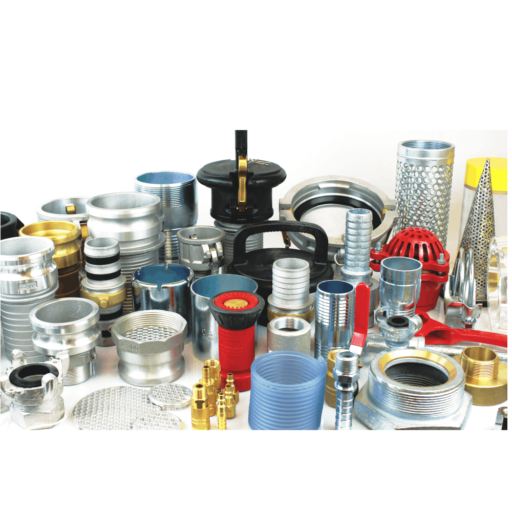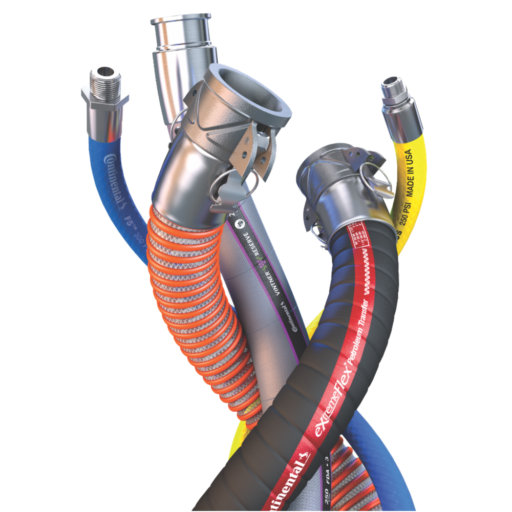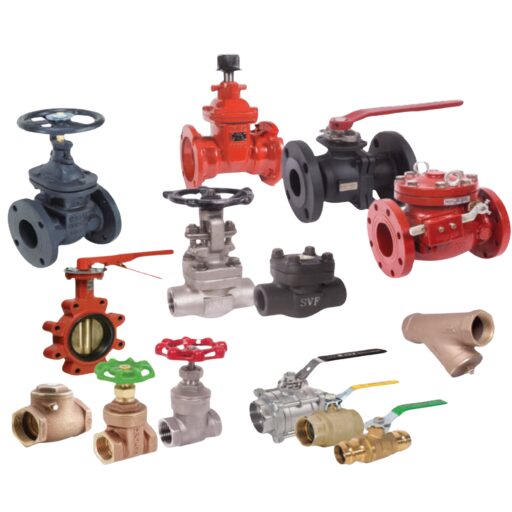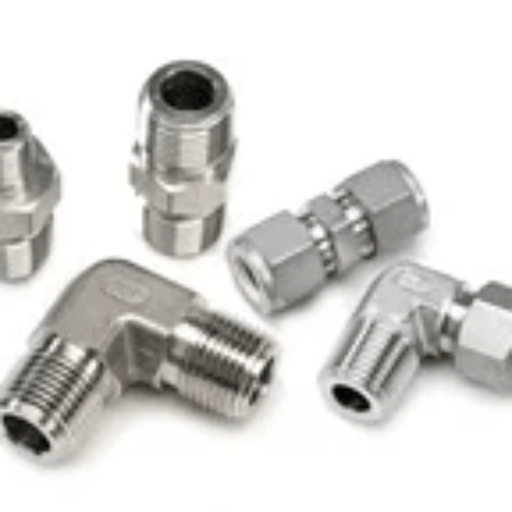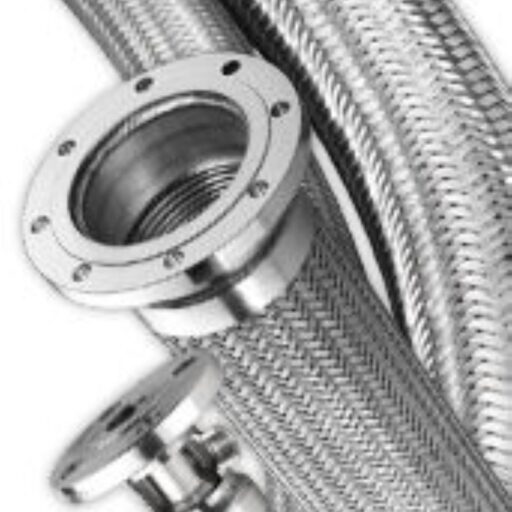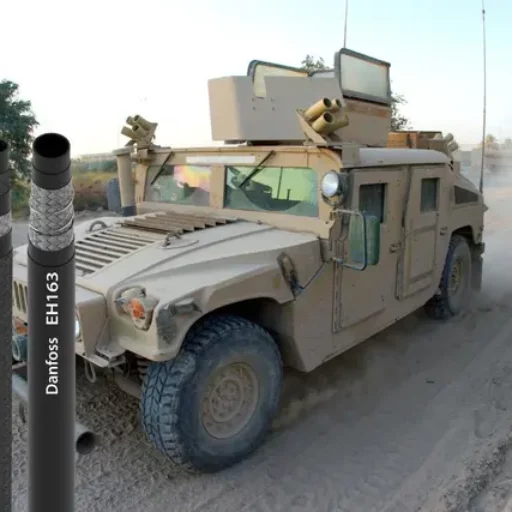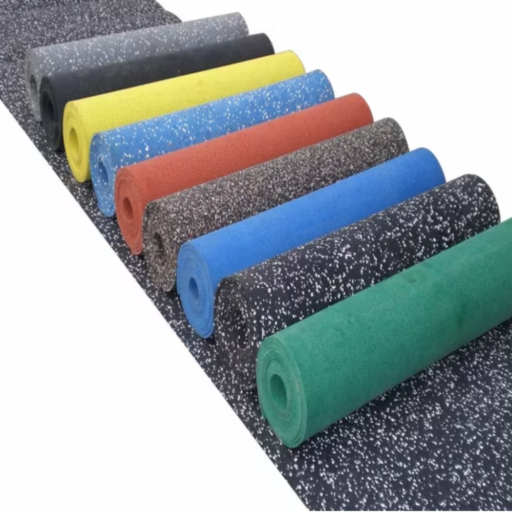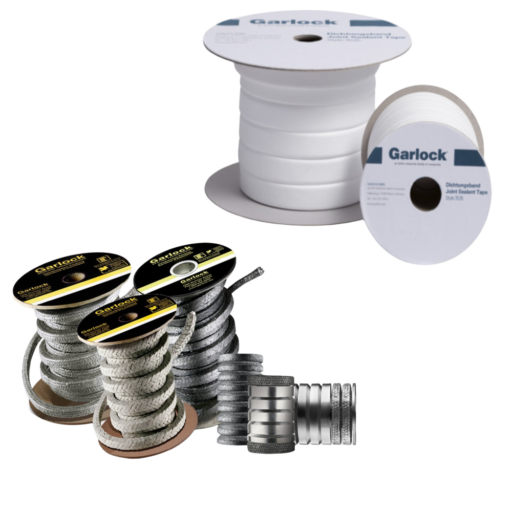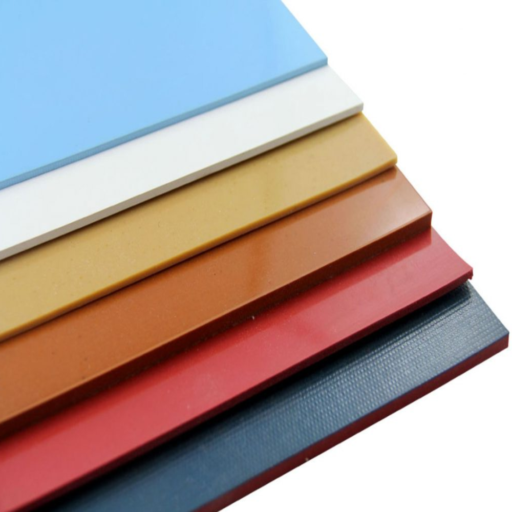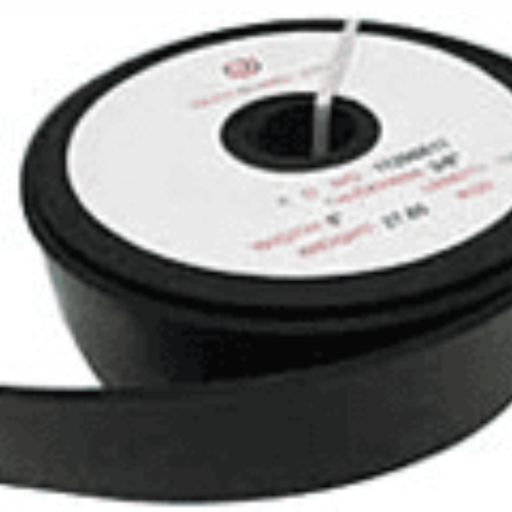Industrial Hose Production Services
Hampton Rubber – Expert Industrial Hose Crimping & Custom Assemblies
At Hampton Rubber, we provide precision crimping services for industrial hoses, ensuring high-performance, leak-free connections for critical applications. We crimp hoses up to 8” in-house at our Hampton and Norfolk, Virginia locations and can support crimped hoses up to 16” through our extended production network. Whether you need metal hoses, chemical transfer hoses, water suction & discharge hoses, compressed air hoses, steam hoses, or any other industrial hose, Hampton Rubber is your trusted source.
We offer:
✔ Expert technical support – Helping you select the right hose for your application.
✔ On-time delivery – Ensuring your hoses arrive when you need them.
✔ High-quality, precision-crimped hose assemblies – Built to meet demanding industry standards.
From large-scale industrial projects to specialized applications, Hampton Rubber is here to keep your operations running smoothly. Contact us today for expert hose solutions tailored to your needs!
Best In Class Industrial Hose Crimping
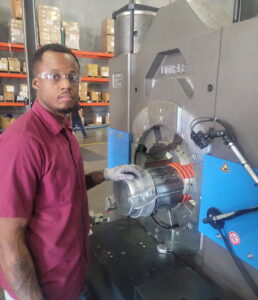
Why Choose Crimping Over Clamping for Industrial Hoses?
When securing industrial hoses, two primary methods are used: crimping and clamping. While both serve specific applications, crimping is often the superior choice due to its strength, reliability, and long-term durability in high-pressure and critical-use environments.
Advantages of Crimping Over Clamping
✔ Stronger & More Secure Connection – Crimping creates a uniform, high-strength seal around the hose fitting, significantly reducing the risk of leaks, blow-offs, or failures under pressure.
✔ Increased Safety – Properly crimped hoses are less likely to loosen or detach, preventing accidents and equipment failures in high-pressure fluid transfer applications.
✔ Better Durability – Crimped connections resist vibration, extreme temperatures, and chemical exposure better than clamped hoses, ensuring longer service life.
✔ Leak Prevention – Unlike clamps, which can loosen over time, crimped fittings provide a permanent, high-integrity seal, reducing maintenance and unplanned downtime.
✔ Customization & Precision – Crimping enables factory-quality, repeatable connections that meet specific pressure ratings, hose sizes, and industry requirements.
✔ Compliance with Industry Standards – Many industries, including oil & gas, chemical transport, and food processing, require crimped connections to meet strict safety and regulatory standards.
When to Use Clamping Instead of Crimping
While crimping is the preferred method for industrial and high-pressure hoses, clamping may be appropriate for:
✔ Low-pressure applications where occasional adjustments may be needed.
✔ Temporary or emergency repairs in the field.
✔ Non-critical hose assemblies that do not require compliance with industry safety standards.
FAQs About Hose Crimping
1. What is hose crimping?
✔ Hose crimping is the process of permanently attaching a fitting to a hose using a crimping machine, which compresses a metal ferrule over the hose and fitting to create a secure, leak-proof seal.
2. How does crimping compare to traditional hose clamping?
✔ Crimping provides a stronger, more reliable, and permanent connection compared to manual hose clamping, which can loosen over time.
3. What industries require crimped hoses?
✔ Crimping is commonly used in hydraulics, manufacturing, food and beverage processing, pharmaceuticals, oil & gas, chemical transport, and industrial automation.
4. Can crimped hoses be reused?
✔ No, crimped hoses are a one-time assembly. If a hose needs replacement, a new hose and fitting must be crimped.
5. Do crimped hoses require special equipment?
✔ Yes, crimping requires specialized hydraulic or pneumatic crimping machines to ensure a precise and secure connection.
6. What are the risks of using clamped hoses instead of crimped hoses?
✔ Clamped hoses can loosen due to vibration, temperature changes, or pressure fluctuations, leading to leaks, system failures, and safety hazards.
7. Are crimped hoses more expensive than clamped hoses?
✔ While crimping equipment may have a higher initial cost, the long-term benefits of increased durability, safety, and reduced maintenance outweigh the costs.
8. Can all hoses be crimped?
✔ Not all hoses are designed for crimping. Low-pressure hoses may be more suitable for clamping, but most industrial, hydraulic, and high-pressure hoses perform best when crimped.
Hampton Rubber – Your Source for Precision-Crimped Industrial Hoses
At Hampton Rubber, we specialize in precision crimping for industrial hoses, ensuring maximum performance, safety, and compliance for your fluid transfer applications. Our expert team follows NAHAD and OEM assembly guidelines, providing factory-quality hose assemblies tailored to your specific requirements.
Contact Hampton Rubber today to learn more about our hose crimping services and custom-built hose solutions!
